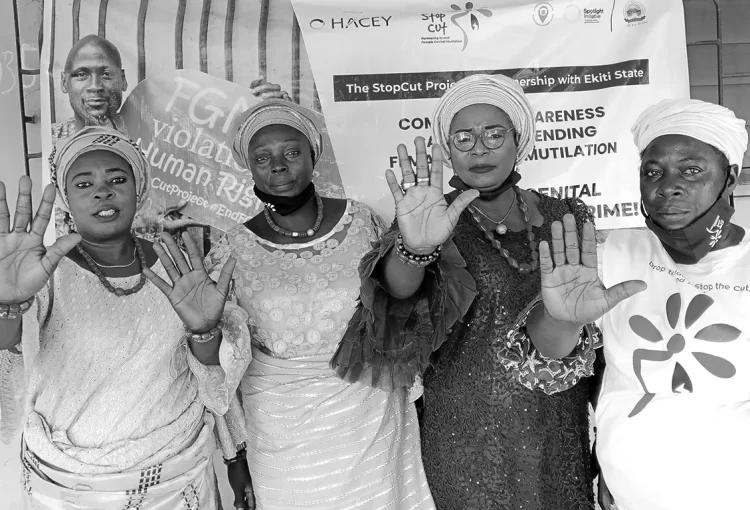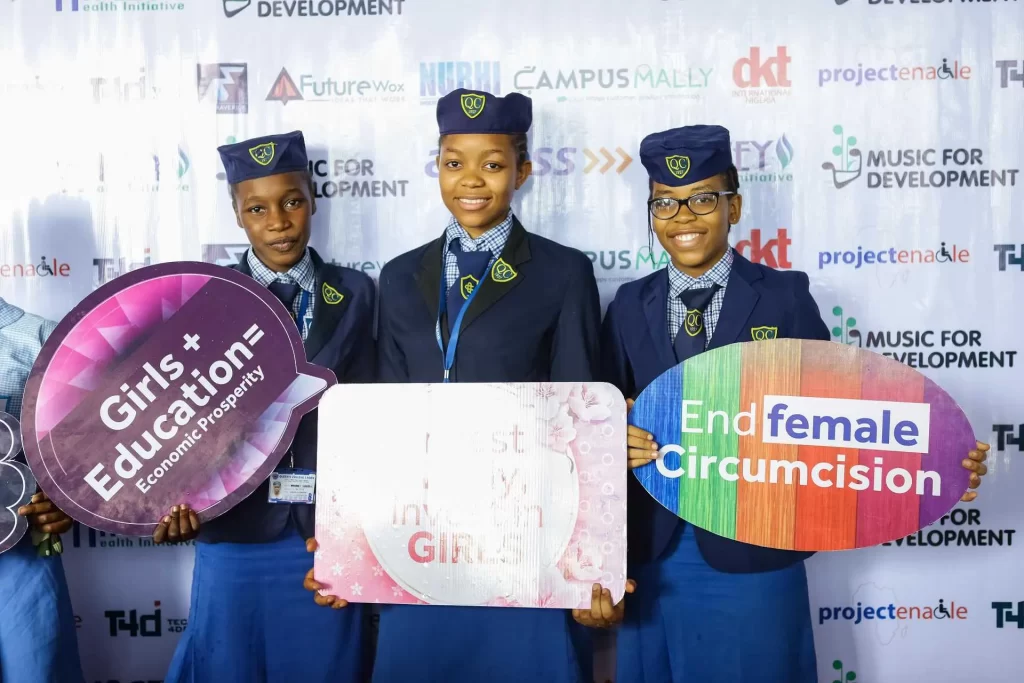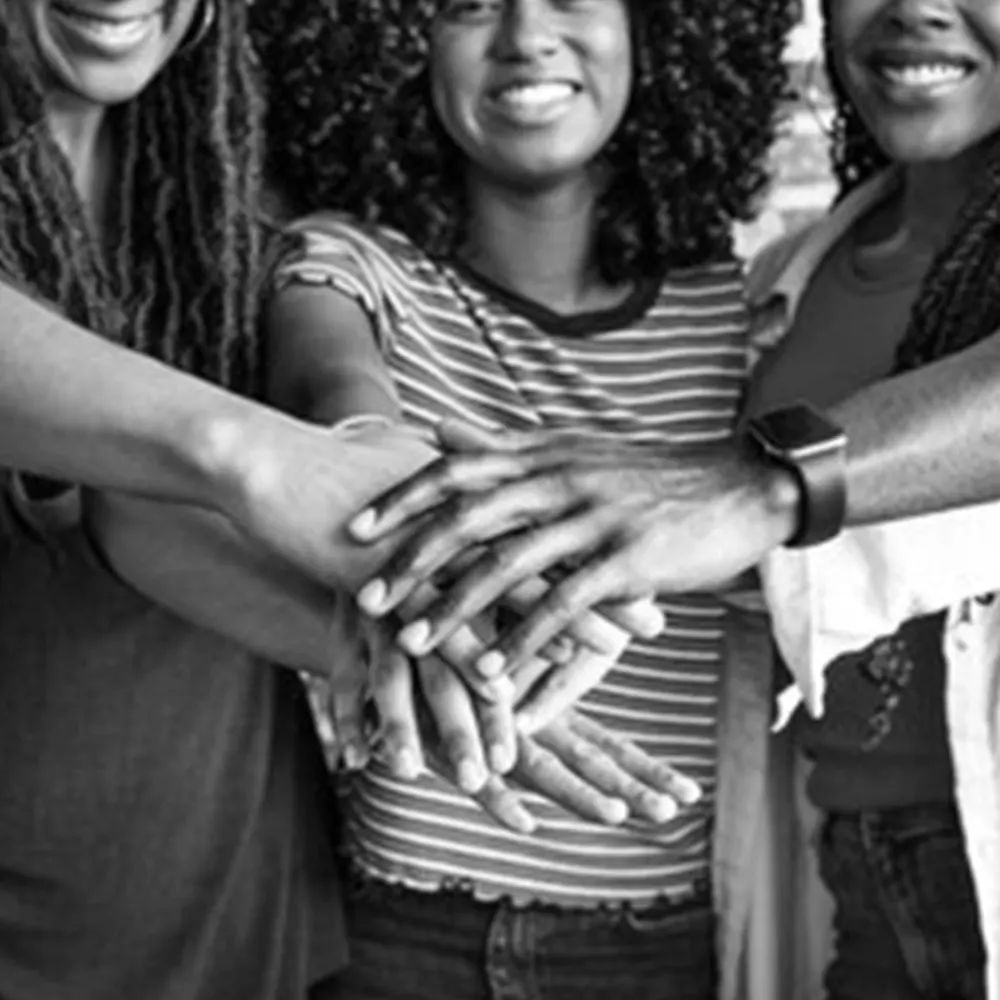Capacity Building.
A deliberate effort to enhance key stakeholders’ knowledge, skills and competencies, is essential in ensuring that successful and sustainable FGM programs are designed and implemented by stakeholders. This enables key actors build and improve on structures and systems for sustain the impact of their activities to end FGM and all forms of violence against women. Capacity building efforts focus on building skills and knowledge of members, partners and advocates in the areas of:
- Strategy and action plan building
- Advocacy
- Behavioral change communication


Campaign for Change.
Education is key in bringing about positive behavioral change regarding societal issues. Changing the narrative and beliefs surrounding FGM requires consistent public enlightenment and movement building for change. Awareness of FGM, Its practice, individual and societal impact, and how we jointly work together to end it plays a key role in the elimination of FGM and protection of women and girls in society.
Campaign activities engage with key stakeholders and target beneficiaries through physical and digital platforms. They include:
- Community outreach
- Pledges
Public Advocacy.
Laws and policies are important tools for the protection of women and girls from FGM. International treaties, agreements, policies and protocols such as the CEDAW provide guiding principles for the creation and implementation of local tools to protect women and girls from all forms of violence. In Nigeria, legislature , such as the Violence Against Person Prohibition (VAPP) Act 2015, criminalizes FGM with provisions that protect the rights of women and girls to live free from violence. However, coverage, adoption and implementation of these laws and policies remain low. Advocacy is necessary for increase commitments and action by law makers and enforces to ensure that women and girls are protected.
Policy advocacy initiatives focus on:
- Support for survivors of FGM
- Enforcement of laws and policies
Partnership.
Collaborative multidisciplinary efforts are required to eradicate FGM in Nigeria Shared knowledge, skills and resources through collaborative partnerships, amplifies efforts against FGM and fills gaps in advocacy, campaigning, and stakeholders activities. Partnership creation and network building responds to the need of a more coordinated, strengthened response to advocate for improvement in the development and implementation of FGM policies and laws, as well as for promoting FGM abandonment , promoting partnerships activities includes:
- Knowledge sharing seminars and webinars
- Conferences on FGM

